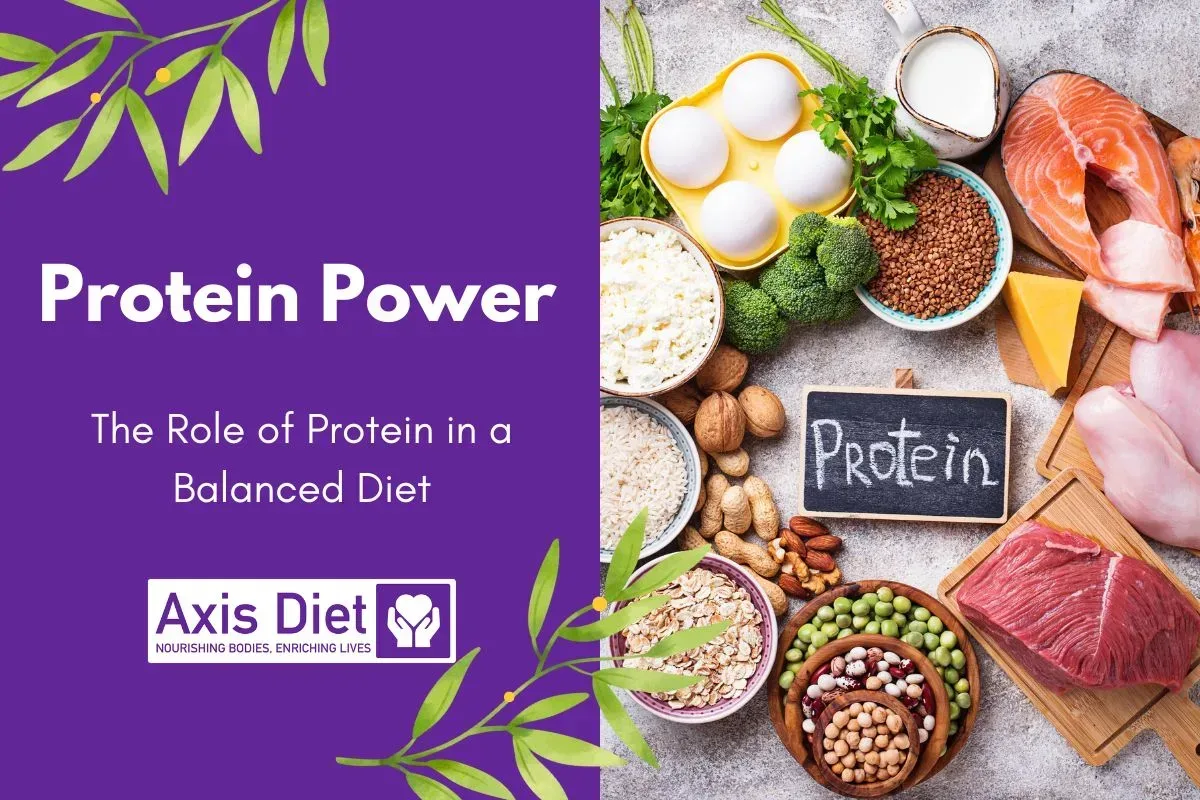Why is Protein Essential?
Protein is composed of amino acids, the “building blocks” of life. Our body uses these amino acids to build and repair tissues, create enzymes and hormones, and perform many other bodily functions. Protein also plays a crucial role in the growth and development of all human cells.
Protein is vital for a strong immune system. The antibodies that help fight off infections are actually proteins. Moreover, proteins are necessary for proper wound healing and recovery from illness.
Additionally, protein is essential for muscle growth and repair, making it particularly important for athletes, people who work out regularly, and those recovering from injuries or surgery.
Best Sources of Protein
Protein is essential for our bodies as it helps in growth, repair, and maintenance of tissues. The best sources of protein, as listed, come from a variety of food groups. Here’s a brief overview of the benefits and additional nutritional value of these protein sources:
- Lean Meats: Chicken, turkey, lean cuts of pork, and beef are high-quality protein sources. Besides protein, they provide essential vitamins and minerals like B-vitamins, zinc, and iron.
- Fish: Fish like salmon, tuna, and mackerel are not only rich in protein but also in omega-3 fatty acids, which have several benefits, including reducing inflammation and supporting heart health.
- Eggs: Eggs are a complete protein source, meaning they contain all the essential amino acids our bodies need. They are also a good source of vitamin B12, which is important for nerve function and the production of red blood cells.
- Dairy: Milk, cheese, and yogurt are good sources of protein and also provide important nutrients like calcium, vitamin D, and B vitamins. Calcium is essential for bone health, while vitamin D helps the body absorb calcium.
- Plant-based proteins: Foods like beans, lentils, tofu, tempeh, and seitan are rich in protein. Whole grains, nuts, and seeds also contain protein. These foods provide fiber and a variety of other nutrients. For example, lentils are a good source of fiber and iron, while tofu is a good source of calcium and iron.
How Much Protein Do We Need Daily?
The amount of protein an individual requires daily is dependent on various factors, including age, sex, weight, and level of physical activity. The Dietary Reference Intake (DRI) stipulates that adults should consume approximately 0.8 grams of protein per kilogram of body weight daily. This means that a sedentary woman who weighs 68 kilograms (150 pounds) would need about 55 grams of protein per day, while a sedentary man weighing 77 kilograms (170 pounds) would need about 62 grams of protein daily.
However, these are general guidelines and protein needs can differ substantially depending on the individual’s circumstances. For instance:
- Athletes and physically active individuals: Those who engage in regular intense physical activity, such as athletes or fitness enthusiasts, may require more protein to support muscle repair and growth. Some studies suggest that athletes need anywhere from 1.2 to 2.0 grams of protein per kilogram of body weight per day.
- Pregnant and breastfeeding women: During pregnancy and breastfeeding, women may require additional protein to support the growth and development of the baby. The Institute of Medicine recommends that pregnant and breastfeeding women consume an additional 25 grams of protein per day.
- Older adults: As we age, we may need more protein to offset the loss of muscle mass, a condition known as sarcopenia. Research suggests that older adults may benefit from consuming 1.0 to 1.2 grams of protein per kilogram of body weight per day.
- People recovering from illness or surgery: Protein plays a vital role in healing and recovery. Those who are recovering from illness, injury, or surgery may have increased protein needs.
- People with certain health conditions: Certain conditions, such as kidney disease, may require modifications to protein intake. It’s always recommended to discuss dietary needs with a healthcare provider in these cases.
While protein is a crucial macronutrient, it’s equally important to consume it as part of a balanced diet. This includes a variety of foods to ensure adequate intake of carbohydrates, fats, fiber, vitamins, and minerals. Fruits, vegetables, whole grains, and healthy fats should accompany proteins to provide a well-rounded, nutrient-rich diet. Consuming a variety of protein sources, both animal and plant-based, can also help to ensure a good balance of essential amino acids.
In conclusion, protein plays a significant role in maintaining our overall health. It’s crucial for building and repairing our bodies, supporting our immune system, and even influencing our mood and mental wellbeing. Whether you choose animal-based proteins or plant-based alternatives, the important thing is to ensure that you’re getting enough high-quality protein in a balanced diet that includes carbohydrates, fats, and plenty of fruits and vegetables. Remember that your protein choices can also impact your gut health and, in turn, your mental wellbeing. So, choose wisely and enjoy the power of protein in your diet. Eating a balanced diet with the right amount of protein is a step towards a healthier and stronger you. Make every bite count!






[…] and importance of protein in a balanced diet, check out this comprehensive article from Axis Diet: Protein Power: The Role of Protein in a Balanced Diet and The Diet Balance: Setting your Nutrition Compass […]
[…] Increase protein intake: A high protein diet can help you feel full and increase your metabolic rate. It may also help reduce visceral fat. Read more on Protein Power: The Role of Protein in a Balanced Diet […]
[…] easily meet your protein requirements while enjoying delicious and nutritious meals. Remember, a balanced diet that includes a variety of foods from all food groups is key to overall health and […]
[…] summary, proteins are an essential component of a balanced diet, necessary for bodily repair, muscle maintenance, and immune function. In the Indian context, there […]
[…] most effective when it’s part of a diet that supports your fitness and health goals. A balanced diet includes a mix of carbohydrates, fats, and proteins from various sources to ensure […]